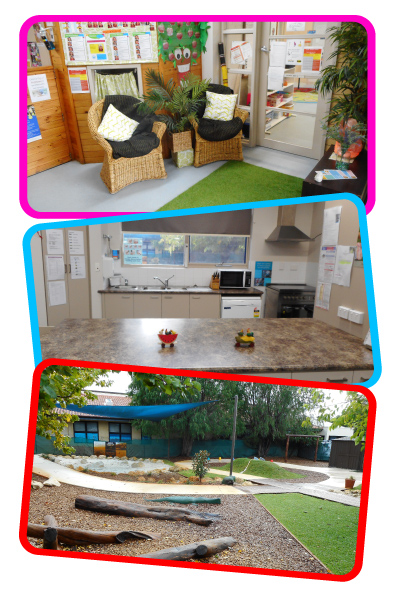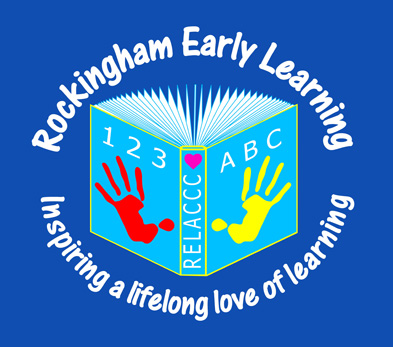Philosophy
- Encourage and welcome families and extended families in a variety of ways to give Children the sense of belonging and feeling safe wherever they are by connecting the service to the community; (U Bronfenbrenner 1917 – 2005) – Belonging.
- Provide a warm, safe, stimulating, caring environment for children by maintaining quality and professional services to students and the community.
- Promote a non-discriminatory environment that encourages and accepts individuality of lifestyle in race, gender, religion and culture.
- Respect each and every person one as an individual and attempt to meet their individual needs.
- Commence with Children’s existing skills, strengths and interests, build upon these and recognize that Children have the right to engage in activities that interest them and enable them to participate at their own pace.
- Create active learning environments that encourage the Children to explore and investigate, to play in new ways, to solve problems and develop new ideas, by allowing them to engage in a range of activities such as craft, painting, construction, writing, dance, movement and role play to develop their understanding of the world around them
- Provide natural objects and resources, especially from the local environment, to engage Children with the natural world to give them a sense of belonging, encouraging them to be confident and involved learners; ‘EYLF’ (Learning Outcome 4).
Educators will;
- Maintain “working knowledge of relevant research that is purposeful and think about why they do what they do…and combine knowledge of research with professional common sense, (Salvin 2000, p.17).
- Establish the habit of informed reflection on their teaching.
- Facilitate reflection, (Salvin 2000, p. 11) by utilizing five questions to plan, teach, reflect on and revise our practices;
- What are we trying to accomplish?
- What are the Children’s relevant experiences and needs?
- What approaches and materials are available to assist the Educator to challenge every Child?
- How will we know whether and when to change our strategy or modify our instruction?
- What information will Educators accept as evidence that success is being experienced by both themselves and their Children?
- Scaffold Children’s learning by watching for “teachable moments” then allow Children who are capable, to carry out activities / tasks on their own, (L Vygotsky 1896 – 1934).This is to assist children develop their self-regulation.
- Promote intentional teaching through observing and planning for Children’s learning, to be actively involved with Children; to encourage and inspire Children; to evaluate and reflect on what Children do. Therefore, wherever possible, everything in the Child’s curriculum is there on purpose to lead children towards the learning we want for them.
- Become critical thinkers (Anderson et al., 1995; Floden and Klinzing, 1990; Swanson et al, 1990; quoted in Salvin, 2000, p. 8.).

FIND US
Challenger Tafe Campus, Simpson Avenue
Rockingham WA 6168
Rockingham Early Learning and Child Care Centre
OPENING HOURS
Monday to Friday 7 am - 6 pm
Saturday Closed
Sunday Closed
Closed on all public holidays for W.A.
TALK TO US
E-mail: earlylearningwa@bigpond.com
Phone: 08 9591 3240
Mobile: 0449 536 549

